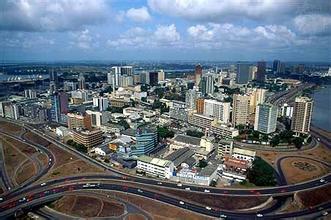Tanzania e-commerce is growing at an average of 50 per cent, thanks to government and stakeholders’ initiative to improve mobile data.
Speaking at the launch of premium services yesterday at the Dar es Salaam International Trade Fair, online shopping portal-Kupatana.com Acting Manager, Makusaro Tesha, said access to internet is changing people’s attitude and now the majority people are gaining interest in online shopping.
According to Tesha, online shopping in Tanzania is not a new service with the company alone having more than three years of undertaking its operations. He explained that the new services launched by the portal will enable online payment processing for small and medium-sized businesses as well as marketplaces.
“The costs are relatively affordable and will enable a subscriber with an advert an advantage of 25times more than the conventional method,” said Gift Joshua, Kupatana.com Head of Marketing.
He said the firm has been registering at least 2000 advertisements daily, about 60,000 a month, allowing more customers to make online purchases from a largest range of products.
The site offers a growing portfolio of over 7,500 products, with a commitment to keep sourcing new, innovative and premium products to satisfy the needs of all its loyal customers.




